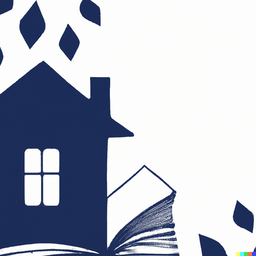
How does "House of Leaves" comment on the process of scholarly analysis?
Mark Z. Danielewski’s postmodern horror novel House of Leaves extensively incorporates various artifacts of academic writing, from footnotes to citations to critical commentaries. Examining how Danielewski utilizes and subverts these scholarly conventions offers insight into his sly satire of the limitations and pitfalls of detached analytical inquiry.
Zampano's Faux-Objective Analysis
The core supernatural account is framed anthropologically through Zampano’s academic tone and meticulous cataloging of empirical evidence. However, this faux-objective analysis is undermined by its fictionalized content, blurring boundaries between creative embellishment and factual reporting. Danielewski implicates scholar’s susceptibility to persuasive distortions.
Undermining Impersonal Analysis with Bias and Emotion
The elaborate footnotes digressing into autobiography or aesthetic reflections also undermine notions of impersonal, objective analysis by inserting emotionality and bias. Danielewski suggests meaning derives not just from data but the unquantifiable process of human interpretation colored by the interpreter’s psyche.
The Quest for Coherent Meaning and Madness
Johnny Truant’s own descent into obsessive conspiracy theorizing ironically echoes standard scholarly pursuit of authoritative interpretations. Danielewski portrays the quest for coherent meaning as prone to manic fixation and madness, more revealing of the seeker than the sought.
Satirizing Recursive Academic Study
Ultimately Danielewski satirizes the postmodern tendency toward recursive academic study of fiction itself. By constructing an endlessly dissectible puzzle, he exposes the absurdity of scholarship serving primarily to generate more scholarship. His novel warns of dangerous rabbit holes in seeking external validation through analysis.
The Limits of Intellectual Inquiry in House of Leaves
Through layered use of fictional editors, reviewers, translations and other academic devices, Danielewski slyly elucidates the limitations of purely intellectual inquiry. House of Leaves warns that obsessive interpretation may say more about the interpreter than the art, Folding back endlessly onto self-reference.
Popular posts
-
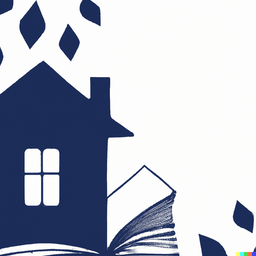
Unofficial Sparknotes Guide to "House of Leaves" by Mark Z. Danielewski
November 2nd, 2023
-
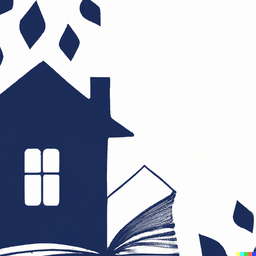
Chapter Summaries of "House of Leaves"
November 2nd, 2023
-
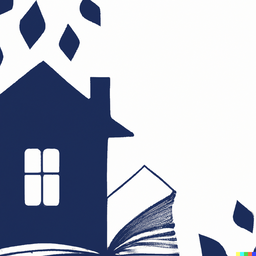
Character Analyses in "House of Leaves"
November 2nd, 2023
-
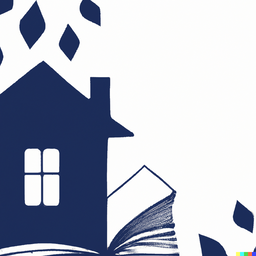
Themes in "House of Leaves"
November 2nd, 2023
-
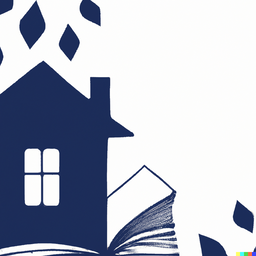
Notable Quotes from "House of Leaves"
November 2nd, 2023
-
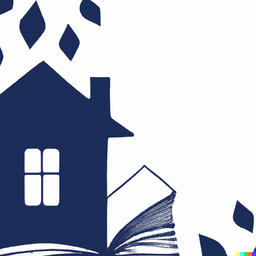
Discussion Questions for "House of Leaves"
November 2nd, 2023